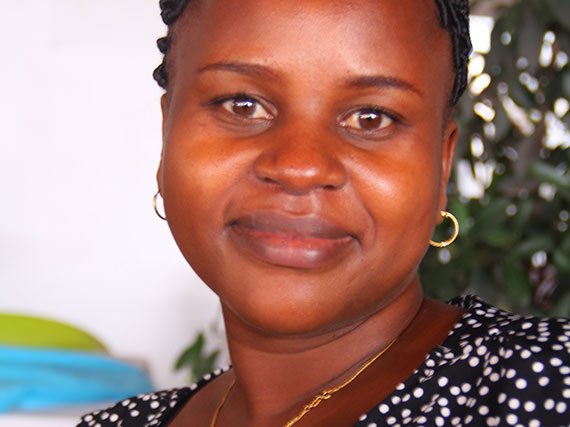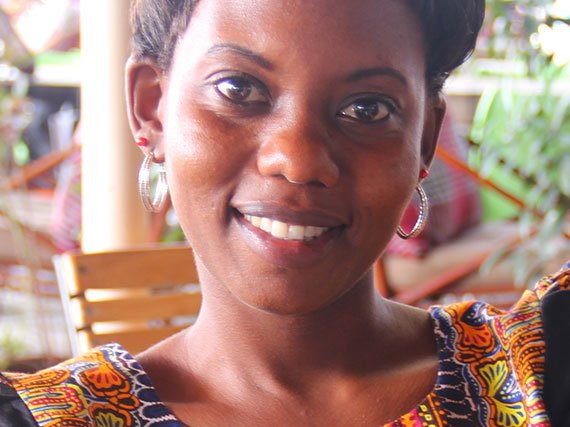
In Tanzania, scholarships enabled a group of women not only to pursue rewarding careers, but also to form lasting friendships.
This article is part of a series exploring the transformation of African women's lives through education.
When I first emailed Laetitia Petro proposing an interview, she responded enthusiastically within minutes, not hesitating to make the 10-hour journey from her home in Mbeya to Dar Es Salaam. The human rights lawyer said she would arrange for several of her friends from the Carnegie Corporation of New York scholarship program to join us.
On the day of our interview, I meet Laetitia in a shopping mall cafe, and one by one the others arrive. We are joined by Tatu Isike, a human resources manager working in the Ministry of Finance; Likele Shungo, a program officer for the Tanzania Center for Democracy, an NGO formed by all the national political parties; and Sophia Derrick and Gema Mwikoko, both independent consultants in gender and development fields.
Confident, articulate, and professional, these women have traveled a long road together. They became friends through the scholarship program and have kept in touch, supporting each others' goals and dreams over the years. The discussion over the next few hours involves their recollections of rural childhoods, the challenges they faced at university, their professional and family lives, their dreams for the future, and, most notably, their thoughts about the plight of rural Tanzanian women.
Tatu's father died when she was seven, leaving her mother to single-handedly raise and educate Tatu and her six siblings. Likele grew up in a rural, polygamous household where three wives competed with one another for their children's share of family resources, and her own mother saw little point in paying school fees for a girl child. Gema, in contrast, was the child singled out for a superior education by her subsistence farmer parents, when a relatively prosperous aunt offered to lift the family's fortunes by fostering one child.

Sophia was raised in a clos-knit family with her mother and four sisters, and recently completed her master's degree, including a study of domestic violence in two rural Tanzanian communities. "My dream is to create awareness, especially for the women who have the perception that they can't escape from their problems, she says. "My hope and wish is to see transformation in my society."
Without the financial support of the scholarships they received, the women all imagine that they might have been dealt the typical fate of rural girls: early marriage, frequent pregnancies, and back-breaking domestic labor. "Maybe today I would have 10 children by now, maybe I would be dead,” says Laetitia while the others nod in agreement.
Instead, they have all built satisfying careers and prosperous lives for themselves. In the process, they have supported their families and educated their siblings and relatives. Gema, a mother of three who lists the Clinton Foundation among her clients, says: "I have my own family now, I'm married. My husband treats me like a strong woman, I can stand on my own. I can contribute my ideas, contribute to the family. I am working and being paid, and when you earn your own money, you have the power to say something. You don't have to ask for permission."


